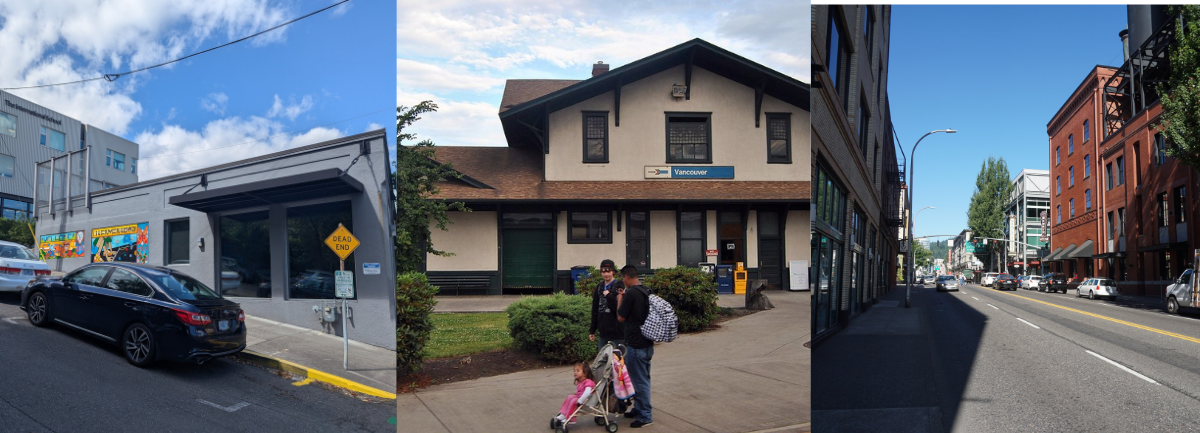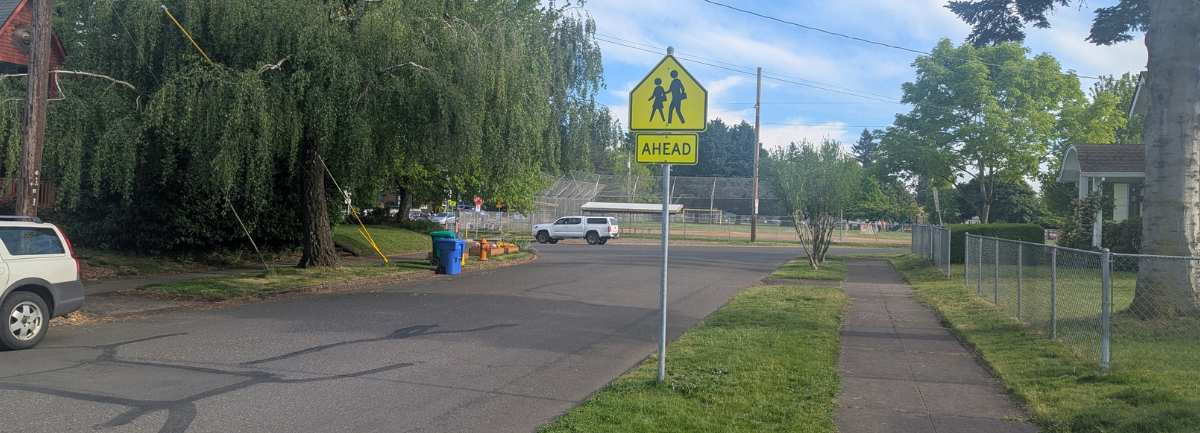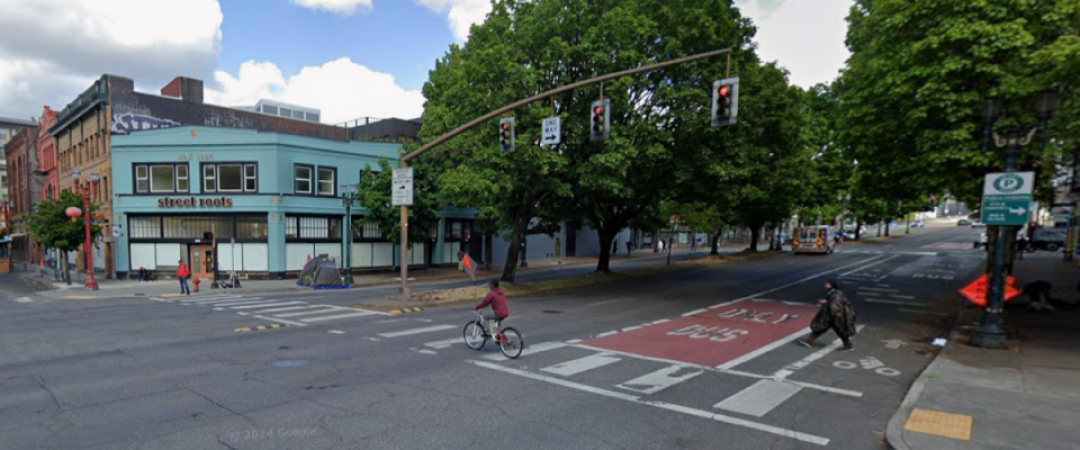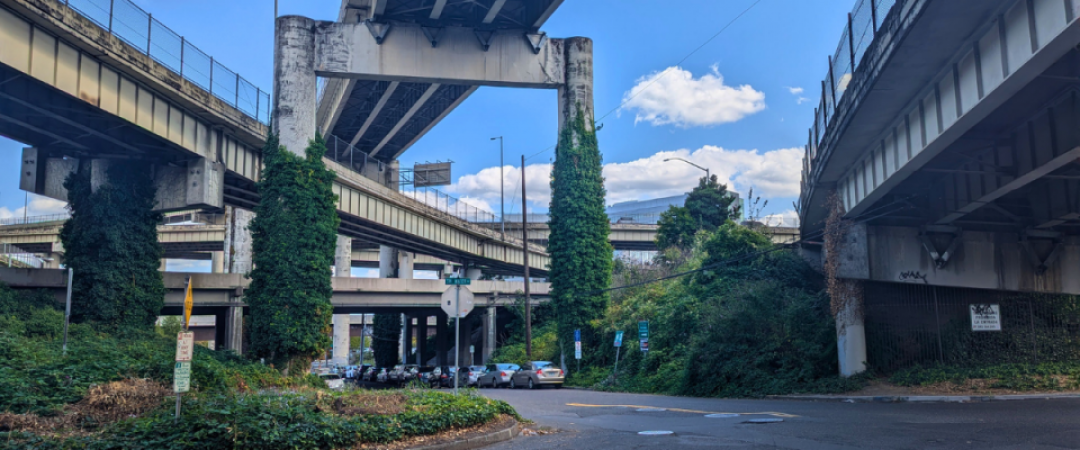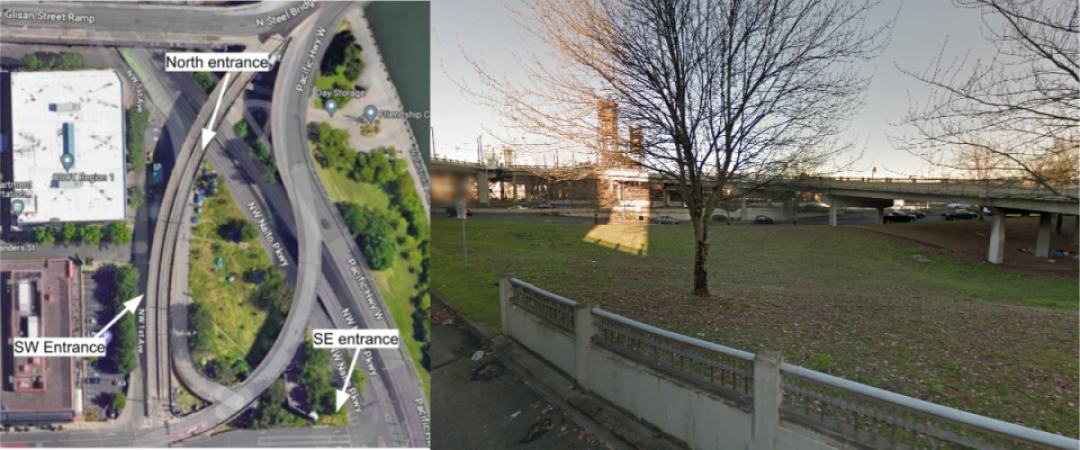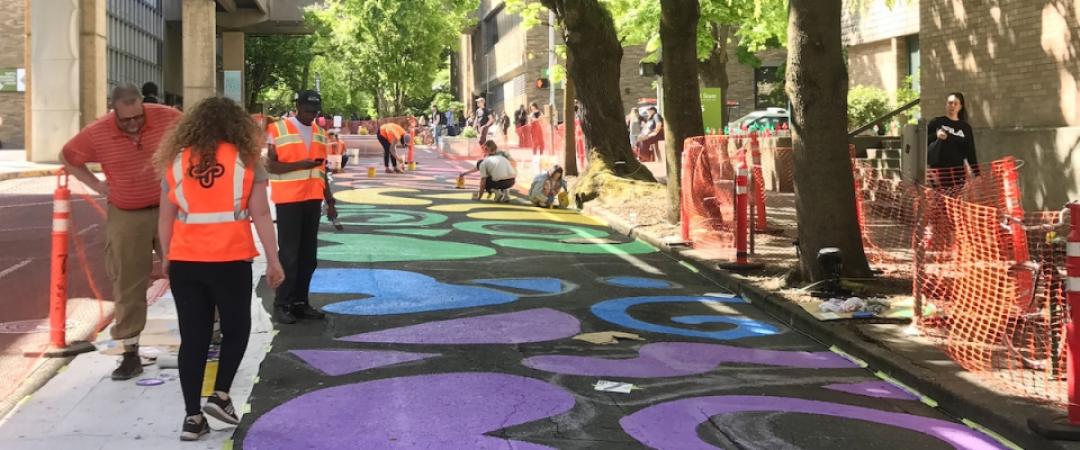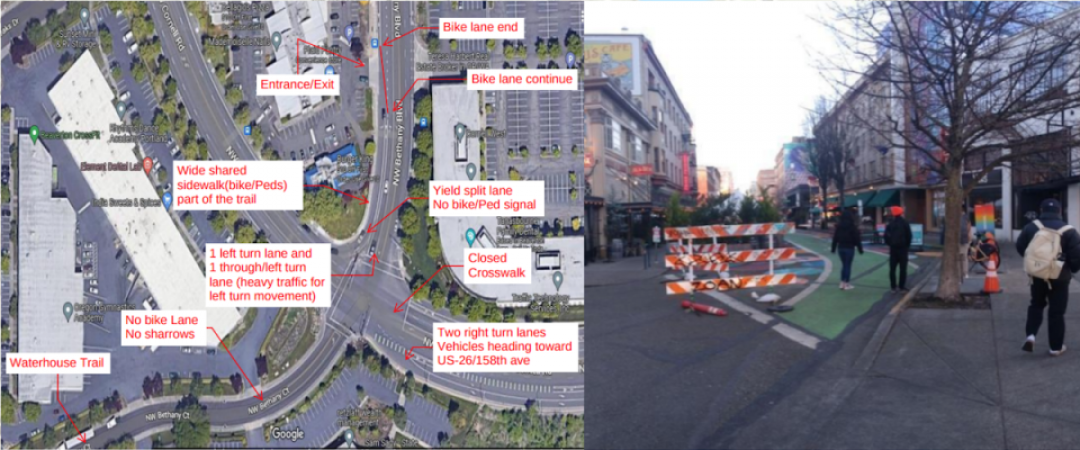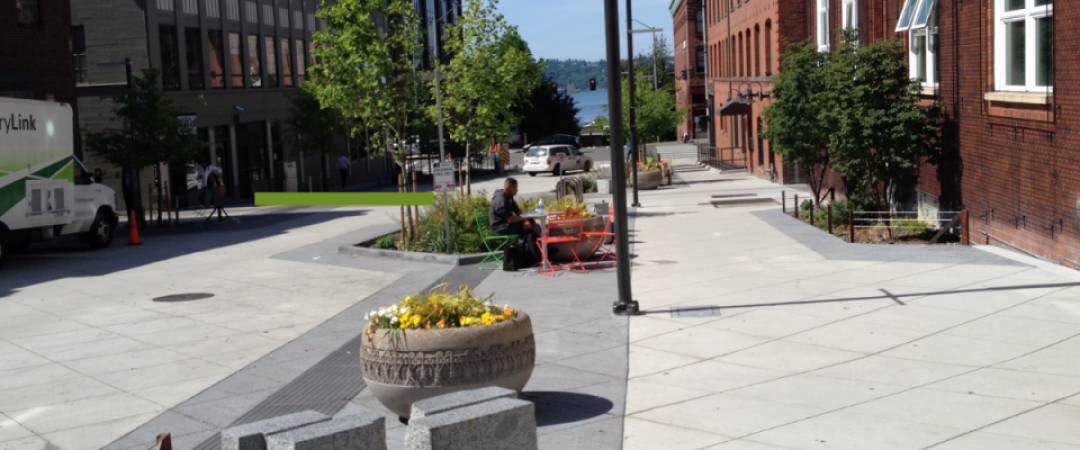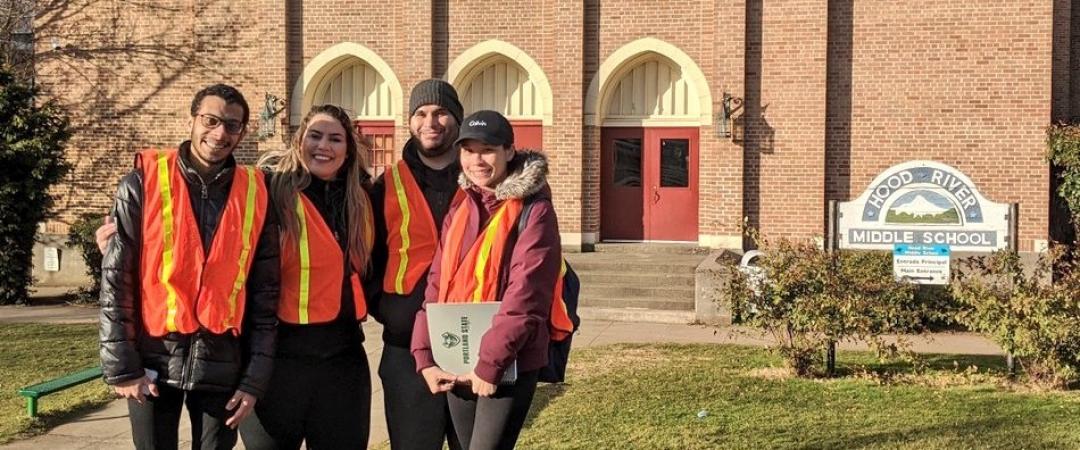Portland State University (PSU) students are once again transforming ideas into action through Better Block PSU, a program that brings community-driven transportation and placemaking projects to life. Three Better Block PSU projects made forward strides this year, thanks to teams of students in the Civil and Environmental Engineering Capstone program and the Master of Urban and Regional Planning (MURP) program.
Last year, we reported on two of the projects:

